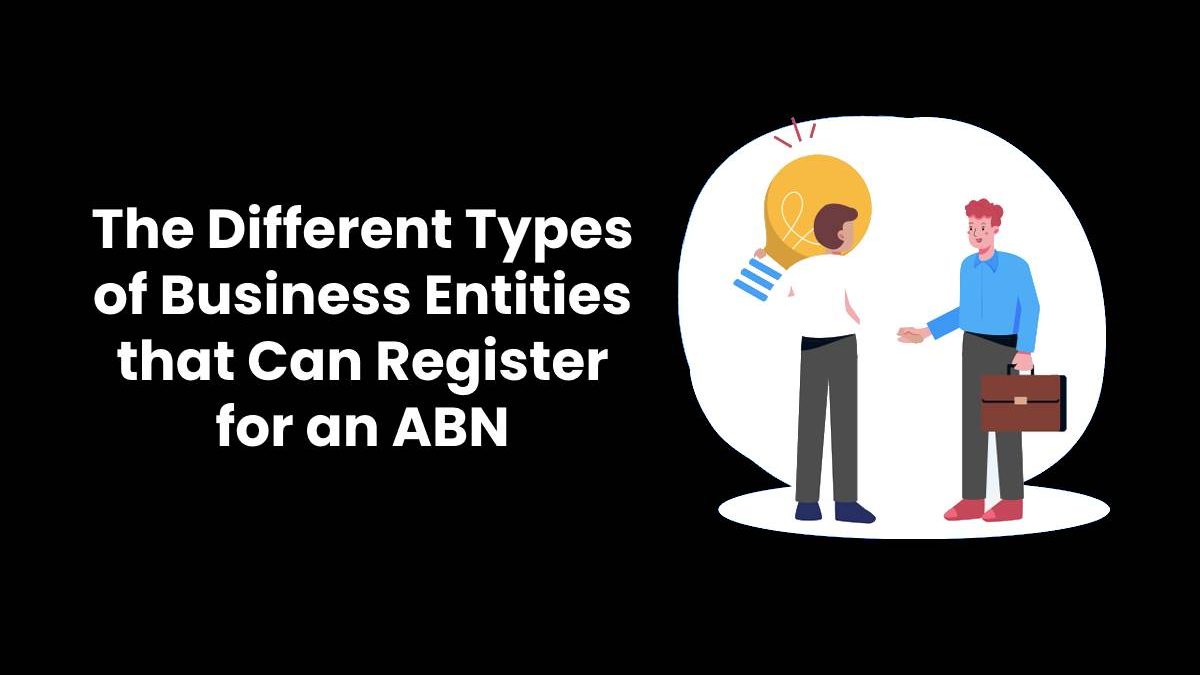The Different Types of Business Entities that Can Register for an ABN
As a business owner, you need to know the different business entities that can register for an Australian Business Number (ABN). This will ensure that you are compliant with the law and that you can register your business correctly. You can apply for an ABN rego through the Australian Business Register (ABR).
There are four main business entities in Australia: sole traders, partnerships, companies, and trusts. Each of these has different legal requirements, so you must understand the differences before registering your business.
Table of Contents
Sole Trader:
Sole traders are people who own their own businesses. They are usually the only person involved in the business, although they may hire other people to help them. Sole traders are not required to register their business with the Australian Securities and Investments Commission (ASIC), but they must register for an ABN.
Partnerships:
A partnership is a business relationship between two or more people. Partnerships can be either general partnerships or limited partnerships. General partnerships are when all partners are equally liable for the business’s debts. At the same time, limited partnerships have at least one partner who is not liable for the business’s debts.
Companies:
A company is a legal entity that is separate from its owners. Companies can be either public or private. Public companies are listed on the stock exchange, while private companies are not. Companies must be registered with ASIC, and they must also register for an ABN.
Trusts:
A trust is a legal arrangement where one person holds the property for another person. Trusts can be either express trusts or implied trusts. Express trusts are created by a written agreement, while implied trusts are created by law. Trusts must be registered with ASIC, and they must also register for an ABN.
As you can see, there are four main types of business entities in Australia. Each one has different legal requirements, so you must understand the differences before registering your business.
What is the purpose of an ABN?
An Australian Business Number (ABN) is a unique 11-digit identifier that businesses and other entities use when dealing with the government.
It allows businesses to:
1. Identify themselves when dealing with the government: You will be given a unique 11-digit number when you register for an ABN. This number can identify your business when dealing with the government.
2. Access government services: You may need an ABN to access certain government services, such as applying for a tax file number or GST registration.
3. Claim GST credits: If your business is registered for GST, you can use your ABN to claim GST credits from the government.
4. Avoid paying penalties: You may have to pay penalties if you do not have an ABN, and you should have one.
5. Meet your super obligations: If you employ people, you must withhold money from their wages to pay into their superannuation (super) account. You will need an ABN to do this.
If you are thinking of registering your business, you should speak to a professional to ensure that you are doing so correctly. They will be able to advise you on the best way to register your business and obtain an ABN.

